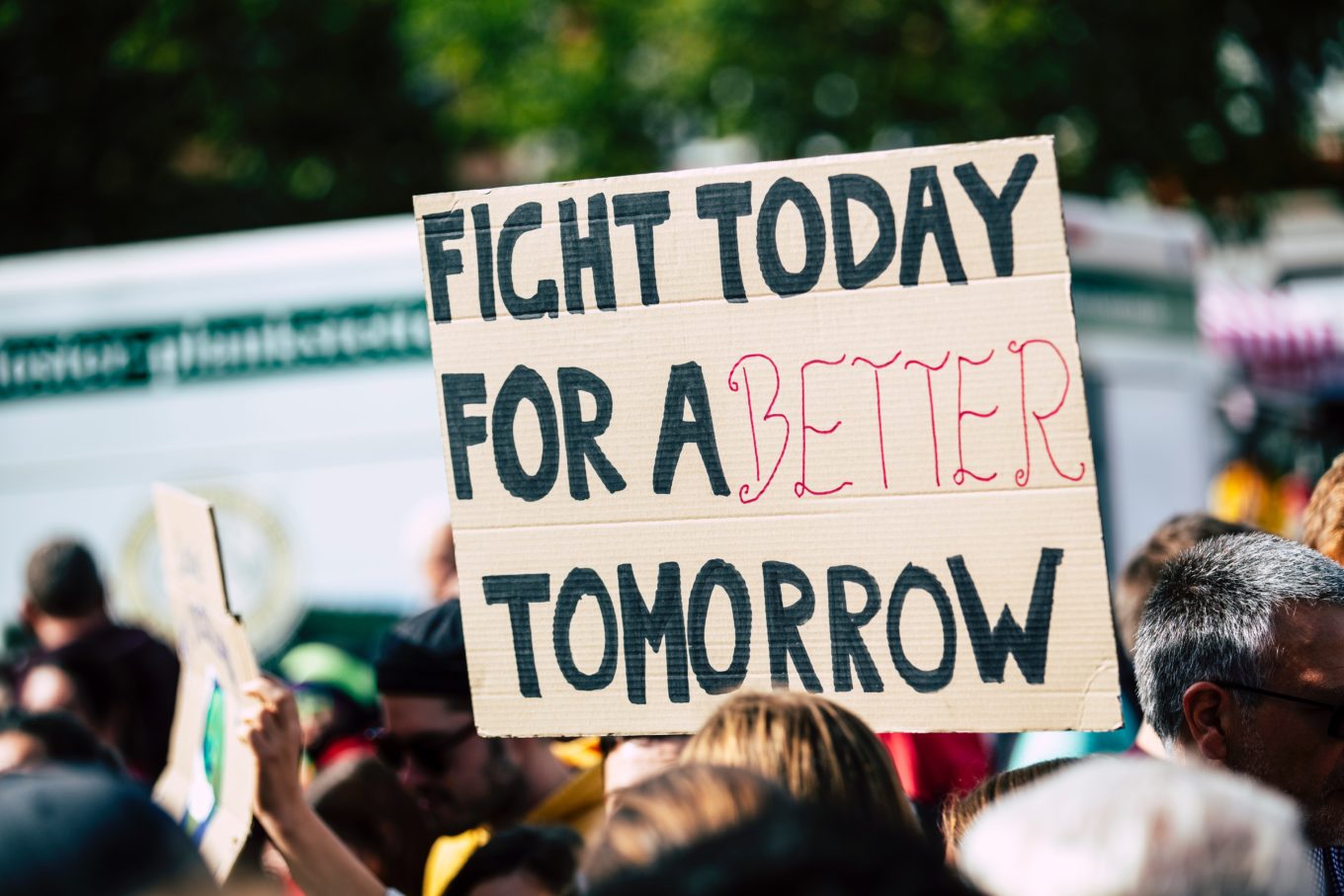What lessons can businesses learn from COP26?

Lessons from COP26
After two long weeks of intense talks, debates, and negotiations in Glasgow, COP26 finally came to an end last weekend.
For the private sector, this COP has been unlike any other. The role businesses play in contributing to climate change has become so apparent that it is now necessary for them to become leaders in tackling the issues.
So, what lessons can businesses learn from COP26? What are the key takeaways?
1) Businesses Lead, Politicians Follow
It is safe to say that before now, politicians have been firmly in the driving seat when it comes to climate change. However, this summit has marked a reversal of this.
Getting two people to agree on anything in life is complicated, getting over 190 is almost impossible. It is far easier for a business or group of businesses to enact climate change policies than it is for a group of nations to do so. This isn’t to say that politicians are now irrelevant in the debate. They still have an important role to play in designing regulation that tackles bad business practices.
Instead, businesses should see COP26 as an opportunity to use this renewed mandate to engage with politicians and demonstrate how their technologies and power can lead the way.
During COP26 over half of the UK’s largest businesses pledged to eliminate their carbon emissions by 2050 and more than 2,000 small businesses joined the Race to Zero: a huge step towards genuinely reducing our national emissions.
2) Planning today for tomorrow
Climate change presents a long-term risk for companies and their investors, so a company’s plans to tackle climate issues are smart risk mitigation.
Therefore, it is necessary to understand what makes not only a good net zero plan, but a practical one.
Firstly, the plan must be rooted in science. Using good science to make progress is a fundamental principle of the Glasgow Climate Pact, and this needs to be the starting point for any workable climate plan.
Second, whilst companies are generally good at deciding on long-term sustainability goals, interim measurements and targets can often be lacking. Like life, a good climate plan isn’t just about the end goal, but the journey along the way.
Finally, those responsible for implementing climate plans need to be climate competent. Whilst it may be an overwhelming topic, business leaders should have the confidence to lead from the front.
3) Avoid accusations of Greenwashing
Accusations of ‘greenwashing’ from activists have been rife throughout COP26 and will likely continue long after.
Greenwashing is an important concept, after all some argue it “is the new climate denial,” but it should not deter businesses from being advocates for sustainability.
One way to avoid accusations of greenwashing is to sign up to national and international disclosure and standards regimes.
In the UK, plans have been set in motion to prevent such criticisms, such as new rules from the Treasury outlining requirements for top financial institutions to publish their transition plans towards net-zero.
On a global level, the International Financial Reporting Standards Foundation announced a new International Sustainability Standards Board (ISSB) at COP26 to set a global baseline of such standards which can provide investors and other capital market participants with information regarding companies’ work towards sustainability.
As Ashley Alder, Chair of the IOSCO which helped establish the ISSB, argues “if you don’t have basic information on a globally comparable basis, then you increase the risk of greenwashing enormously.”
A Final Thought
As COP26 has highlighted, businesses have an extremely important role to play if we are to tackle climate change and achieve net zero by 2050.
Governments signed the Glasgow Climate Pact and made a plethora of pledges, but without the participation of both large and small businesses, we will not get any closer to dealing with the problem at hand.
The fight is bigger than any one company or sector, it is the collective responsibility of every business to help mitigate the increasingly dangerous and life-threatening effects of climate change and leave the world in a better place than we found it.
Sophie Fischer and Dan Davies, Public Affairs
Find Out More
-
Platinum CMS Award
March 13, 2024
-
Changing Communications Tack at Mobile World Congress
February 21, 2024


